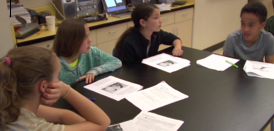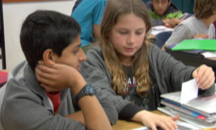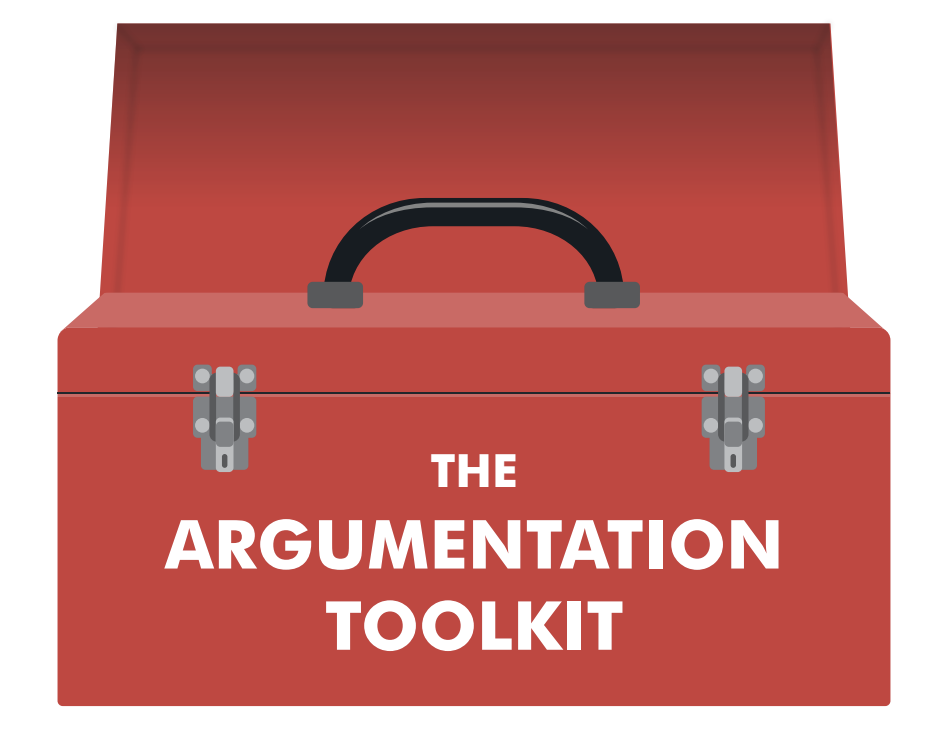Teacher Learning
Watch this video to discover more about our teacher learning resources and to see them in action. We have designed learning modules as suggested ways to use resources in the Argumentation Toolkit with either preservice or inservice teachers. These learning modules include agendas and other resources (e.g. card sort activity) to illustrate how the Argumentation Toolkit may be used to support teacher learning about argumentation. The sessions are organized in two ways: 1) Learning Module (multiple sessions bundled in sequences) and 2) Individual Sessions.
Each session is viewable in two ways: 1) by scrolling down a page, or 2) by clicking on the “Presentation View” button under the agenda and viewing the session as a slideshow. The content in both versions is the same.
Organized by Learning Module
The modules each include a sequence of four 45-minute sessions for a total of 3 hours. These can be used for one longer meeting (i.e. 3 hours) or used over multiple sessions (4 sessions 1 month apart, each for 45 minutes). We recommend using the Introductory Module on Scientific Argumentation first. Any of the other modules may be used after the first one depending on the needs and interests of teachers.
| Module Name | Description |
|---|---|
| Introductory Module on Scientific Argumentation | Goal – Introduces the four argument elements. DCI – Life science focused on fossil record (MS-LS4-1, MS-LS4-2) and the human body systems (MS-LS1-3) |
| Advanced Module – Science Seminar | Goal – Introduces the science seminar, an argumentation activity. DCI – Earth science focused on weather (MS-ESS2-5) and climate (MS-ESS2-6) |
| Advanced Module – Designing Rich Argumentation Tasks | Goal – Introduces four criteria and other considerations when designing rich argumentation tasks DCI – Life science focused on growth, development and reproduction of organisms (MS-LS1-5) and fossil record (MS-LS4-1) |
| Advanced Module – Evidence and Reasoning | Goal – Supports teachers in helping students overcome common challenges in using evidence and reasoning in scientific arguments. DCI – Earth science focused on earth processes, such as earthquakes (MS-ESS2-2), the cycling of earth materials (MS-ESS2-1), and the force of gravity (MS-ESS2-4). |
Organized by Session


The sessions that make up these modules can also be accessed individually, either by argumentation element (e.g. evidence, competing claims) or by activity (e.g. card sort, student writing). Each session is 45 minutes long. If you do select sessions here, consider the background of the teachers. The sessions pulled from the Advanced Modules assume some familiarity with the argumentation elements. See this organization below.

